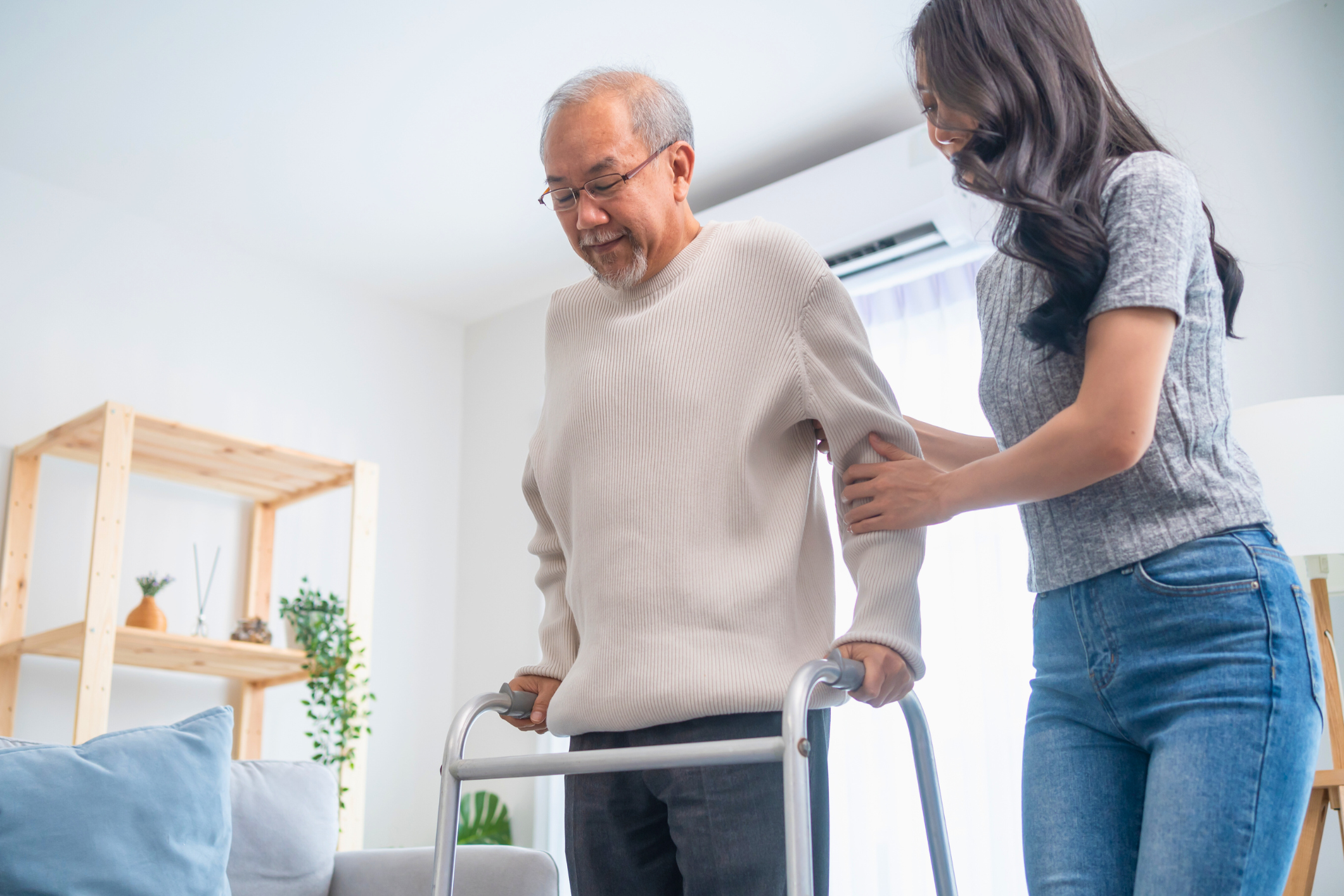By Justin Deonarine
No one wants to imagine their loved ones suffering a preventable fall at home. For older adults, even a minor slip or trip can lead to serious complications, including fractures, long-term disability, or even death. According to the NJ Falls Prevention Workshop, falls were the leading cause of unintentional injury deaths among residents aged 60 and older in 2021, exceeding motor vehicle accidents by more than three times. Despite these challenges, the future is looking brighter for New Jersey residents. Thanks to well-developed fall prevention programs and a focus on community health, New Jersey is currently leading the way in protecting its older citizens. The state’s commitment to protecting one of its most vulnerable populations is clear in its below-national-average fall death rates, showcasing that prevention truly is the best medicine.
According to the New Jersey State Health Assessment Data (NJSHAD), the state has managed to remain under the national average for “Deaths due to Falls” for adults aged 65 years and older. It has remained relativity low despite the national average being on a steady incline. Additionally, the CDC’s Morbidity and Mortality Weekly Report (MMWR) examined fatal falls among adults aged 65 and older in the U.S. and found that New Jersey ranks among the top three states with the lowest age-adjusted fall-related death rates, with a rate of 31.5. This positions New Jersey alongside California (43.1) and Alabama (30.7) as leaders in fall prevention and safety for older adults. Given these statistics, the question is: What’s New Jersey’s secret? What are they doing differently that sets them apart from the rest of the states?

For starters, in New Jersey’s 2023 Governor’s Proclamation, Phil Murphy stated, “The Department of Human Services’ Division of Aging Services has fostered partnerships across the aging and disabilities services network to offer evidence-based fall prevention programs, including A Matter of Balance: Managing Concerns about Falls, The Otago Exercise Program, Tai Ji Guan: Moving for Better Balance, Project Healthy Bones, and Move Today, throughout the State of New Jersey.” These evidence-based initiatives look toward the community to uplift its aging population, providing the necessary resources and support for older adults to live independently and with dignity, free from the risk of unintentional falls.
The National Council on Aging (NCOA), for example, highlights that the Tai Ji Quan: Moving for Better Balance program has led to “improved balance, enhanced lower-extremity strength, better physical performance, and reduced falls and fall-related injuries.” Through these community-based, evidence-driven approaches, New Jersey effectively protects its aging population by prioritizing primary and preventative programs. This initiative addresses risk factors before they escalate and ensures that resources and support are available to enhance balance, strength, and overall safety, ultimately reducing the likelihood of falls and their long-term consequences.
Although New Jersey is making significant strides in reducing fall-related deaths, there is still a considerable journey ahead before falls can be eliminated altogether. The state is facing a demographic shift, with the population of individuals over 65 growing substantially. According to the NJ Department of Labor and Workforce Development (NJ DLWD), this age group is projected to increase by 62% between 2010 and 2030. As the aging population grows, so does the risk of falls and fall-related deaths, highlighting the need for more age-friendly innovations and targeted fall prevention programs. By focusing on evidence-based, community-based initiatives, New Jersey is effectively addressing this challenge and working to ensure that falls are not an inevitable consequence of aging but a manageable risk through proactive, preventative measures.
Justin Deonarine is enrolled in the B.S./M.P.H. articulated degree program at the Bloustein School of Planning and Public Policy at Rutgers University. Justin was also one of eight students selected to participate in the New Jersey State Policy Lab’s third annual Summer Internship program.
Health Promotion Programs:

